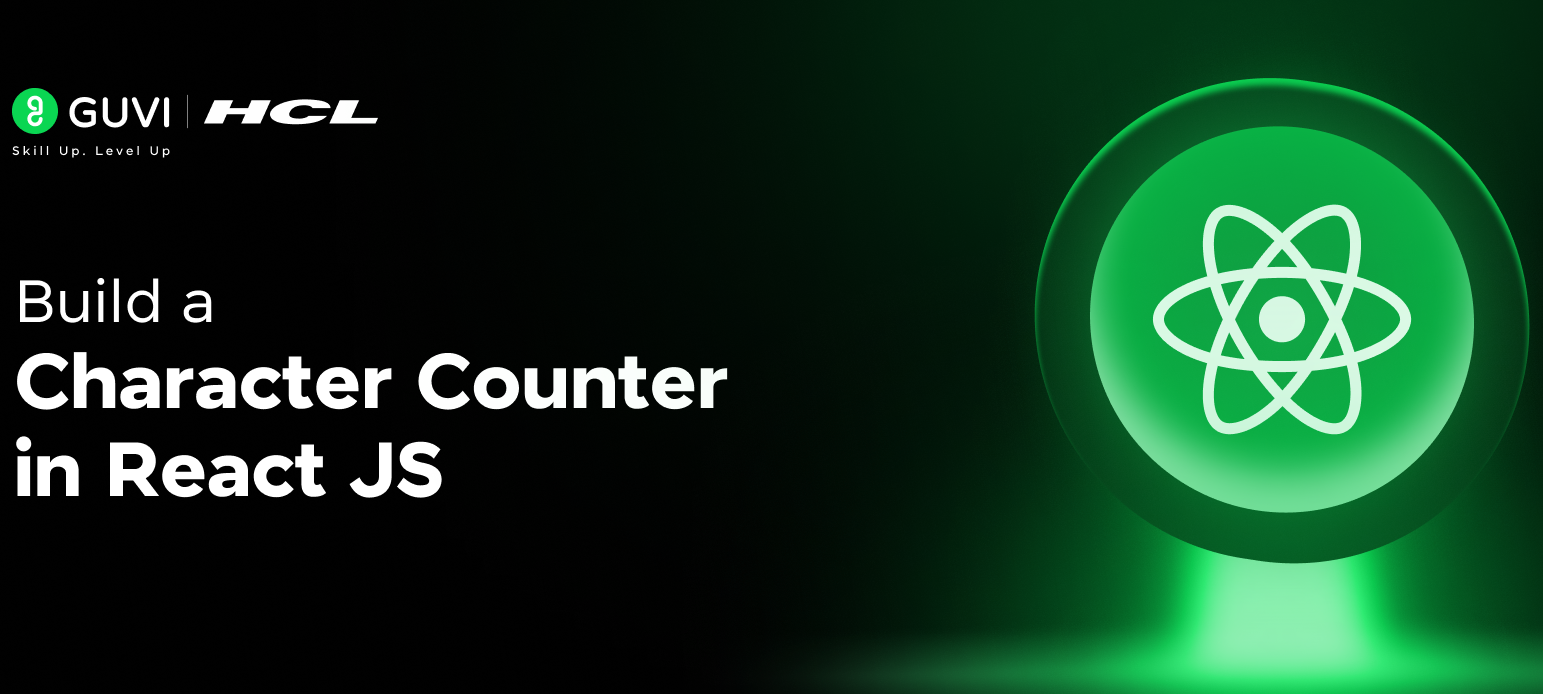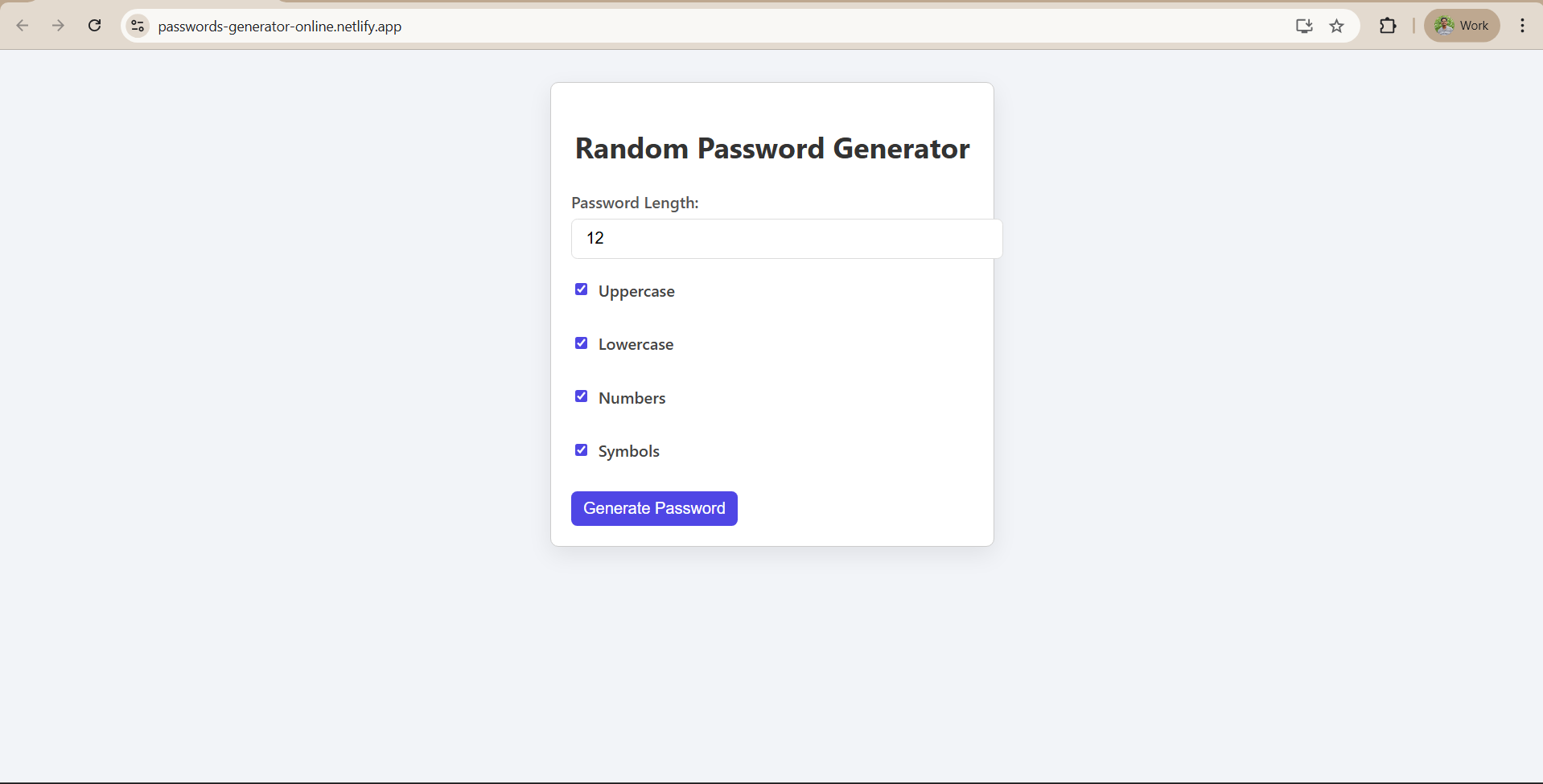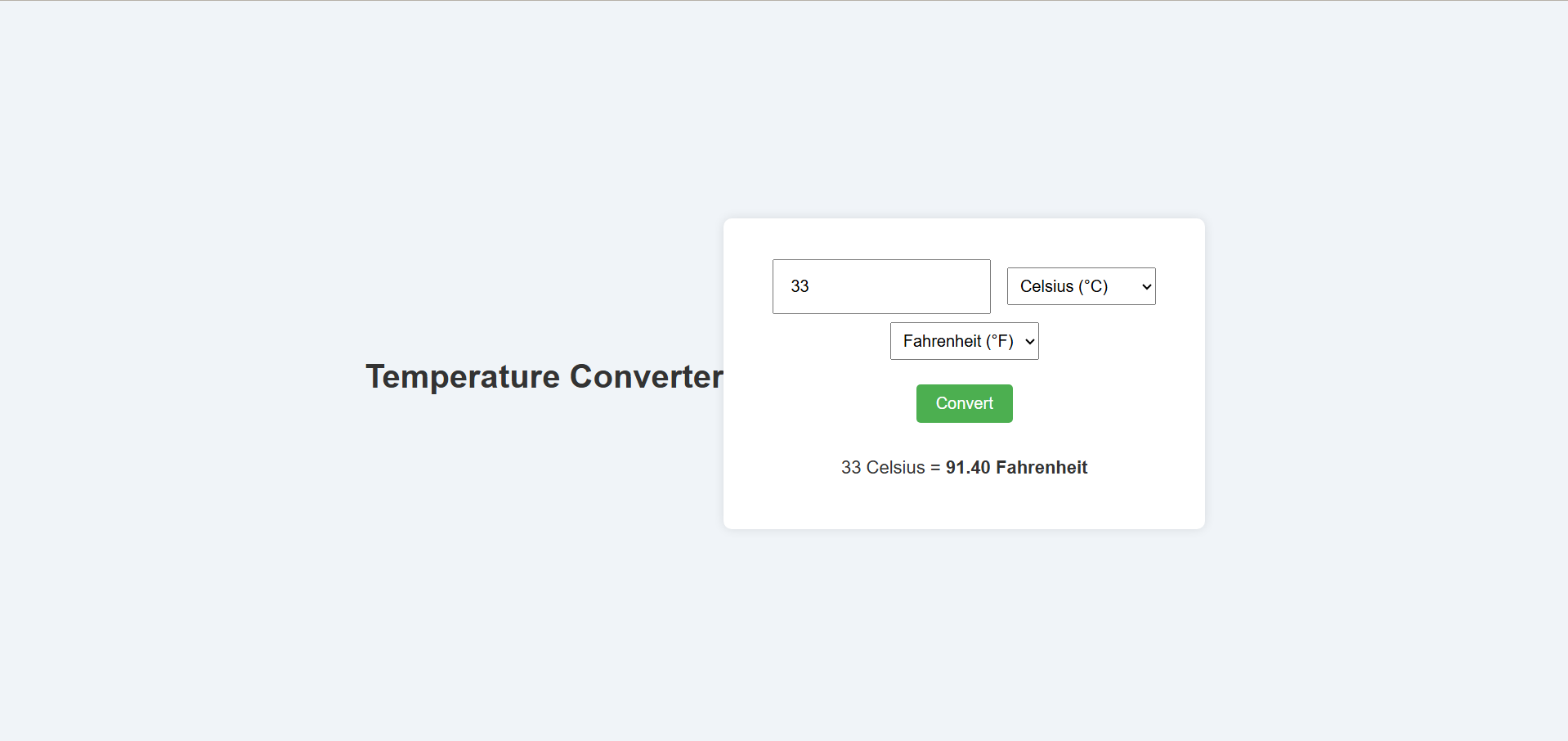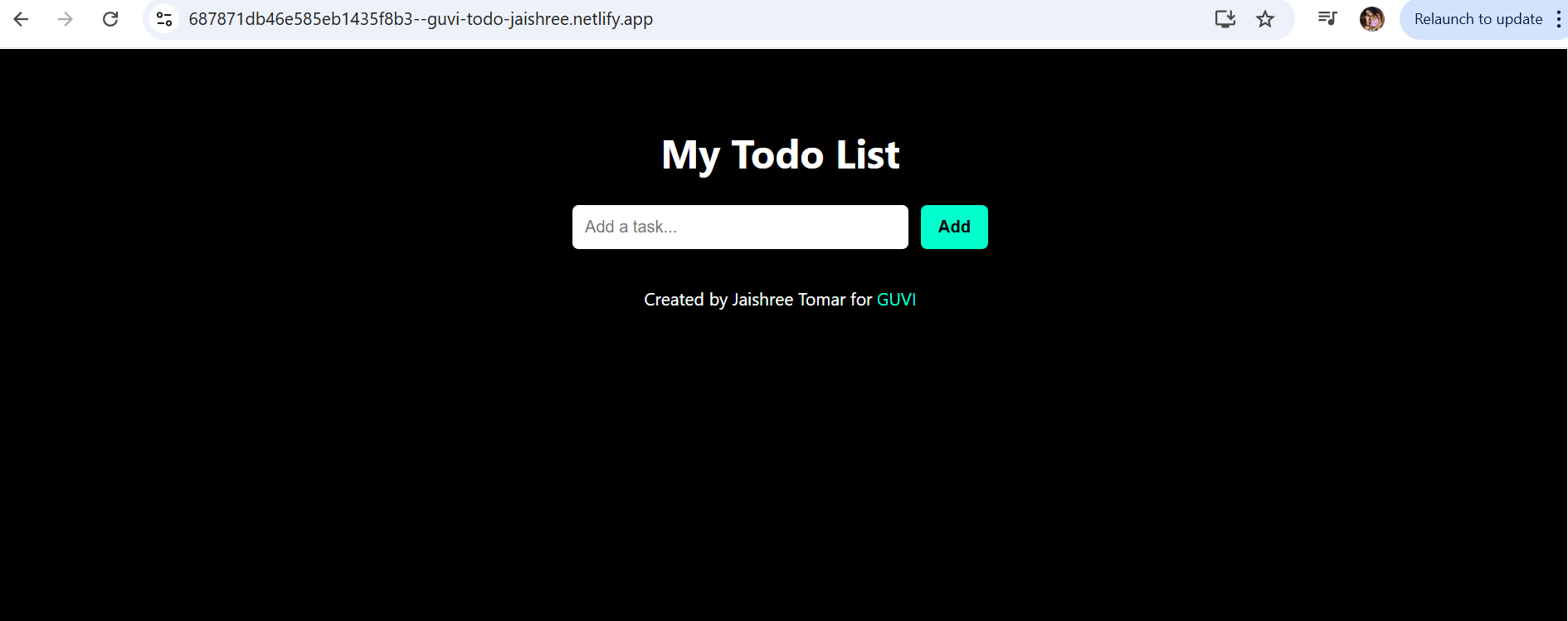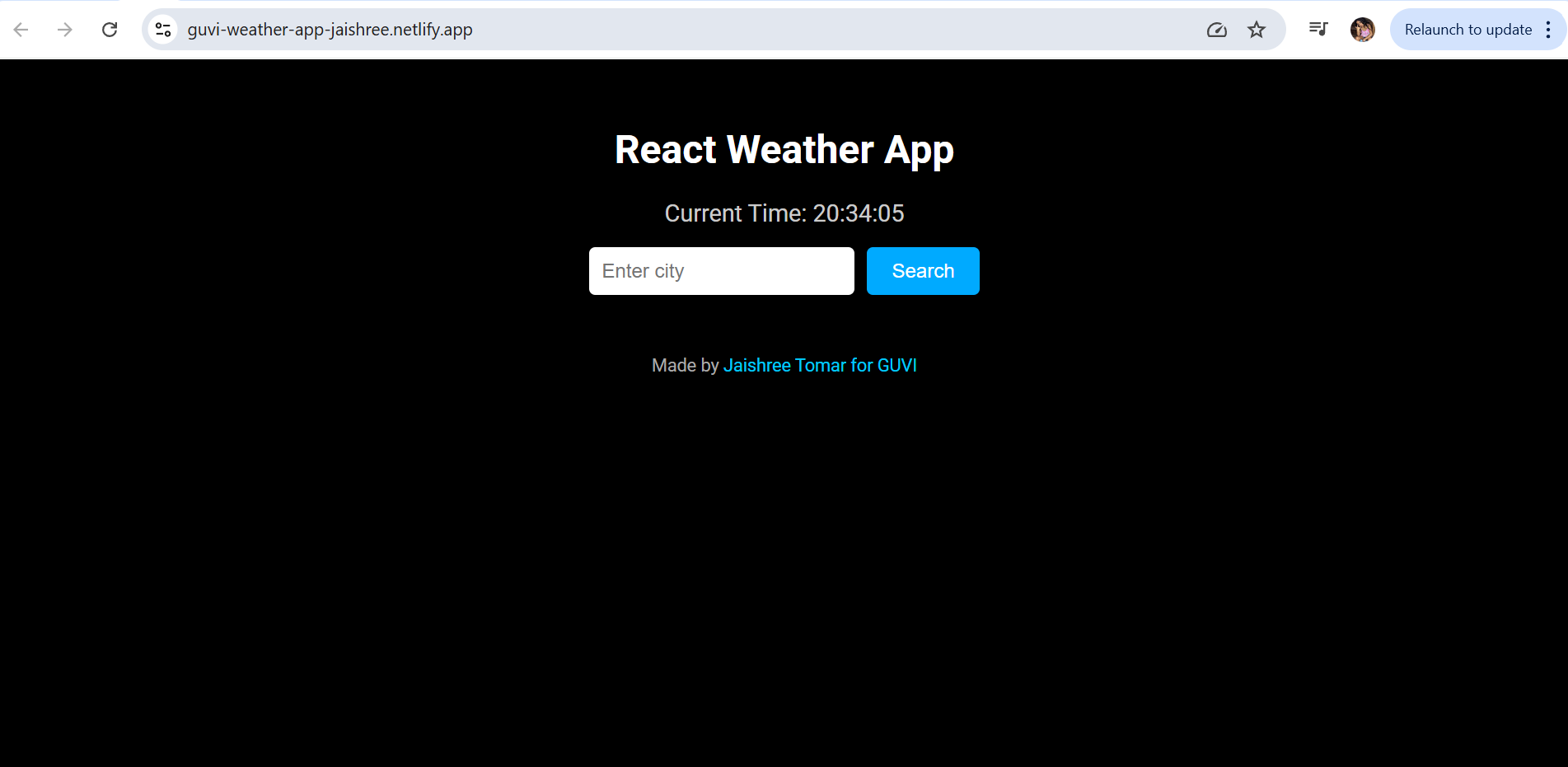String Memory Management in Cpp
String Memory Management
A. Dynamic Memory Allocation for Strings
In C++, dynamic memory allocation for strings is typically unnecessary when using the std::string class. The std::string class handles memory allocation for you. However, if you need to allocate memory for strings manually and dynamically, you can use C-style strings or pointers to std::string.
B. Memory Deallocation and Resource Management
In C++, memory deallocation and resource management for strings are automatically handled by the std::string class. When a std::string object goes out of scope or is explicitly destroyed, its destructor is called, which releases the allocated memory and freeing any associated resources.
C. Avoiding Common String Memory Issues
Buffer Overflow:
std::string str = "Hello";
// No need to worry about buffer overflow with std::stringInput Validation:
std::string userInput;
std::cout << "Enter a string: ";
std::cin >> userInput;
// Validate and sanitize the userInput to prevent buffer overflow
// and other security vulnerabilitiesExamples and Code Snippets
A. Basic String Operations (concatenation, comparison)
String Concatenation:
#include <iostream>
#include <string>
int main() {
std::string str1= "Hello";
std::string str2= "World";
std::string result = strl + " " + str2;
std::cout << result << std::endl; // Output: "Hell World"
return 0;
}String Comparison:
#include <iostream>
#include <string>
int main() {
std::string str1 = "Hello";
std::string str2= "World";
if (str1 == str2) (
std::cout << "Strings are equal" << std::endl;
} else if (str1 < str2) {
std::cout << "str1 is less than str2" << std::endl;
} else {
std::cout << "str1 is greater than str2" << std::endl;
}
return 0;
}B. String Input and Output Examples
Reading Strings from User Input:
#include <iostream>
#include <string>
int main() {
std::string name;
std::cout << "Enter your name: ";
std::getline(std::cin, name);
std::cout << "Hello, " << name << "!" << std:endl;
return 0;
}Displaying Strings as Output:
#include <iostream>
#include <string>
int main() {
std::string message = "Hello, World!";
std::cout << message << std::endl;
return 0;
}C. Advanced String Manipulation Examples
Case Conversion (Upper/Lowercase):
#include <iostream>
#include <string>
#include <algorithm>
int main() {
std::string str = "Hello World";
// Convert to uppercase
std::transform(str.begin(), str.end(), str.begin(), [](unsigned chaz e) {
return std::toupper(c);
});
std::cout << "Uppercase: " << str << std::endl;
// Convert to lowercase
std::transform(str.begin(), str.end(), str.begin(), [](unsigned char c) {
return std::tolower(c);
});
std::cout << "Lowercase: " << str << std::endl;
return 0;
}Splitting Strings:
#include <iostream>
#include <string>
#include <sstream>
#include <vector>
int main() {
std::string str = "Hello, World, How, Are, You";
std::vector<std::string> tokens;
std::istringstream iss(str);
std::string token;
while (std::getline(iss, token, ',')) {
tokens.push_back(token);
}
for (const std::string& t: tokens)
{
std::cout << t << std::endl;
}
return 0;
}Joining Strings:
#include <iostream>
#include <string>
#include <vector>
#include <sstream>
int main() {
std::vector<std::string> words = {"Hello", "World", "How", "Axe", "You"};
std::stringstream ss;
for (const std::string& word: words) {
ss << word << " ";
}
std::string joinedString = ss.str();
std::cout << "Joined String: " << joinedString << std::endl;
return 0;
}These examples demonstrate various string operations and manipulation techniques in C++ that you can use as a starting point for your string handling requirements.








